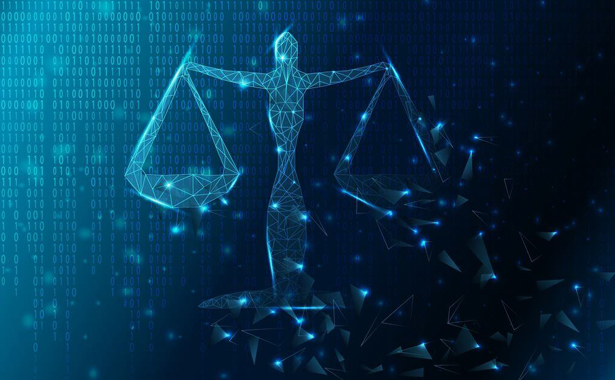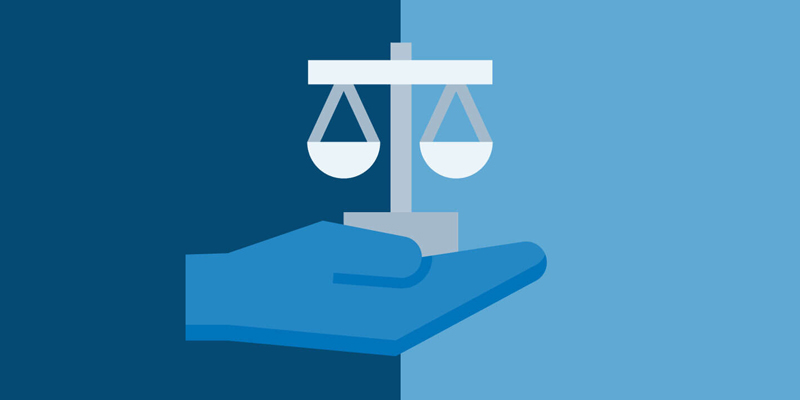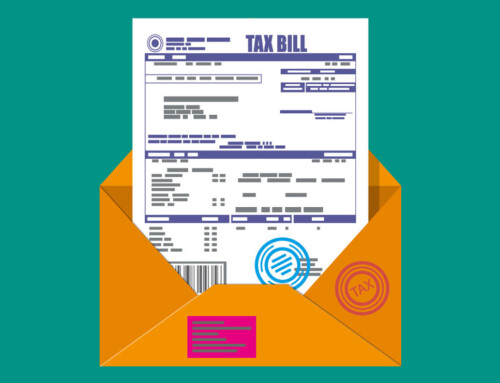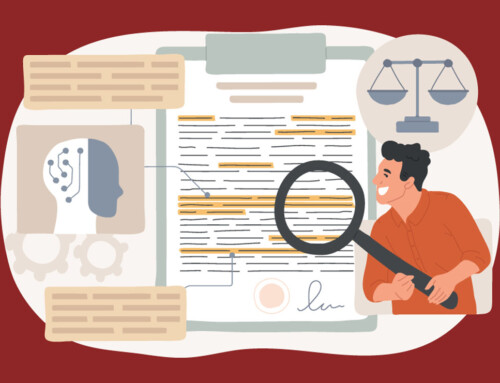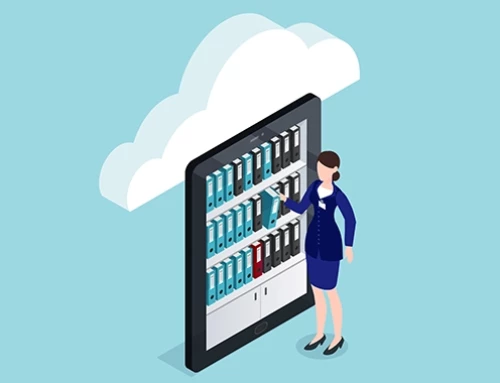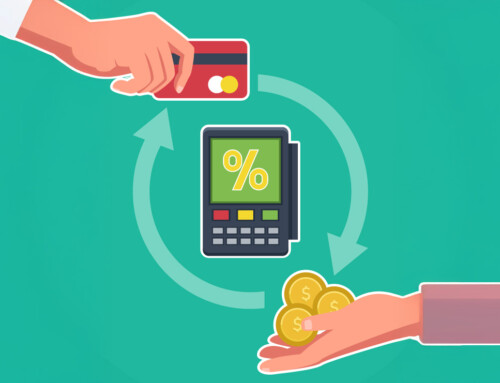Contents
Introduction
Welcome to the future of law! Technology has come a long way in the last few decades and is now reshaping how lawyers work. Plenty of exciting developments are on the horizon that will likely change how legal professionals operate in the future. Here are some trends we are excited about right now:
Artificial Intelligence
AI is a type of computer system that can perform tasks that normally require human intelligence. These systems have become increasingly popular and advanced in the legal industry, where they are being used by lawyers for Law Office Automation.
AI can be used to predict the outcomes of cases and make strategic decisions on behalf of attorneys. It can also help attorneys manage large amounts of information more efficiently, allowing them more time for tasks like research or trial preparation.
Blockchain and Smart Contracts
Blockchain is a digital ledger that records transactions between two parties. The technology was originally developed for Bitcoin, but it has since been applied to other industries and uses. Blockchain allows users to create secure, tamper-proof records of their transactions in real time. With cryptocurrency becoming more and more popular over time blockchains are starting to sound like a great way to manage your transactions.
Smart contracts are self-executing pieces of code that can be used on blockchains (like Ethereum). They’re useful for tasks like escrow services or automated payments based on certain conditions being met. For example: if someone pays you $100 then you’ll send them an email with some information about the case you’re working on together; if they don’t pay you then no email will get sent out at all!
Legal Process Software
Legal process software is software that automates specific legal processes, such as document reviews, follow-up emails, etc.
Runsensible is a Legal Practice Management Software (LPMS) that can save you a great amount of time, money, and energy. This is done by enabling you to assign tasks and supervise your staff’s progress on each task, granting you access to high-quality international communication at a low price while also providing you with pre-built email templates that are ready to be sent with the click of a button.
They can save time and money by reducing the number of hours spent on manual tasks, allowing lawyers to focus on more complex work that cannot be done by AI. It also reduces stress because it eliminates the need for attorneys and staff members to manually track billable hours, ensuring accurate billing rates are charged for each task completed.
Read more: Client Intake Software vs. Manual Processes
Collaborative Law
Collaborative law is a new way to work with clients. It allows lawyers to work with clients in a more collaborative way, helping them solve problems together and avoiding unnecessary litigation. Collaborative law will also enable lawyers to work with other lawyers who may be able to help the client better than they can.
Collaborative law opens up the possibility of working with specialists and experts outside your own firm, which means that you don’t have to be an expert in everything; instead, you can rely on other professionals for their expertise and experience when necessary.
Mobile Technology
Mobile technology is the most common way to access the internet, and it’s only becoming more prevalent. Apps can help lawyers with their day-to-day work by providing access to legal resources, allowing them to easily store documents and collaborate with others. For clients, apps can provide streamlined access to information about their case or company. For law firms themselves, mobile apps allow them to streamline operations and better serve clients by allowing employees across different locations or time zones easy access to relevant information at all times.
Law firms have started using AI-based chatbots as virtual assistants for clients or prospective clients who want information about their cases or legal services offered by the firm. These chatbots can answer basic questions about a client’s case, such as “How much will it cost me?” or “What happens next?” The goal is not only to provide valuable information but also build trust between attorney and client early in their relationship so they know they’re working with someone who understands their needs well enough not just now but down the road when additional questions arise later on in litigation proceedings.
Do you know who uses live operators instead of AI chatbots? Runsensible does! Make sure to head on over to our website and ask away any questions you might have about the software.
Conclusion
We’re excited to see what kind of technology will be developed in the near future. It’s clear that lawyers are going to have to adapt to these changes and we’re confident they’ll be able to do so because they are smart people who know how important it is to provide the best possible services to their clients.
FAQ
1. What is Legal Practice Management Software?
Legal Practice Management Software (LPMS) are client relationship management software that are designed specifically for lawyers to help them manage their cases, tasks and clients in an organized manner.
2. How can AI help lawyers?
Artificial Intelligence is capable of assisting attorneys and law firms with repetitive tasks such as: sending emails, drafting intake forms, holding online surveys, etc.
3. How can lawyers learn about the new legal technology and adapt their style of work?
As legal technology grows and becomes more complicated, it also becomes simpler to access by a wider range of users. Most of the LPMS nowadays are designed as intuitive as can be so that every lawyer can learn how to use them quickly.
Disclaimer: The content provided on this blog is for informational purposes only and does not constitute legal, financial, or professional advice.
